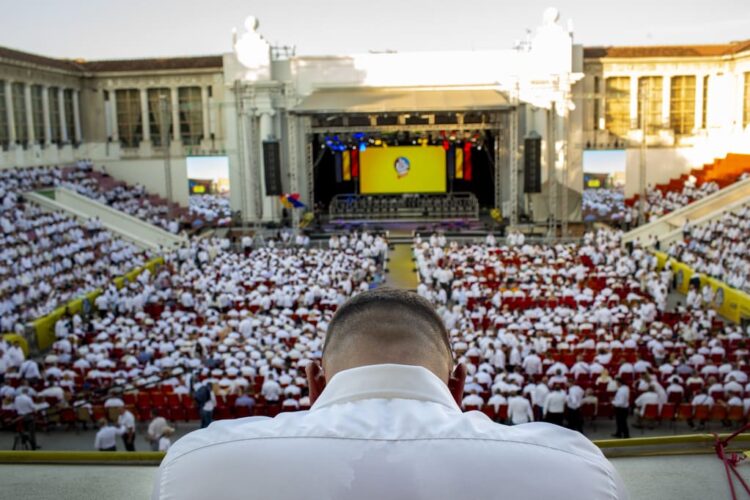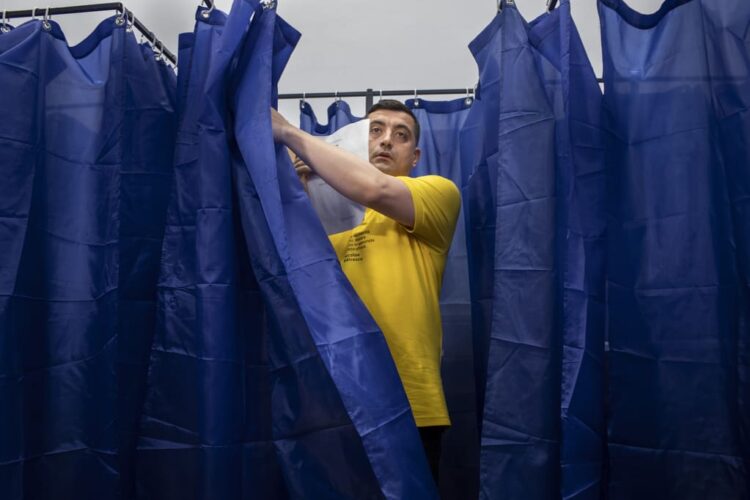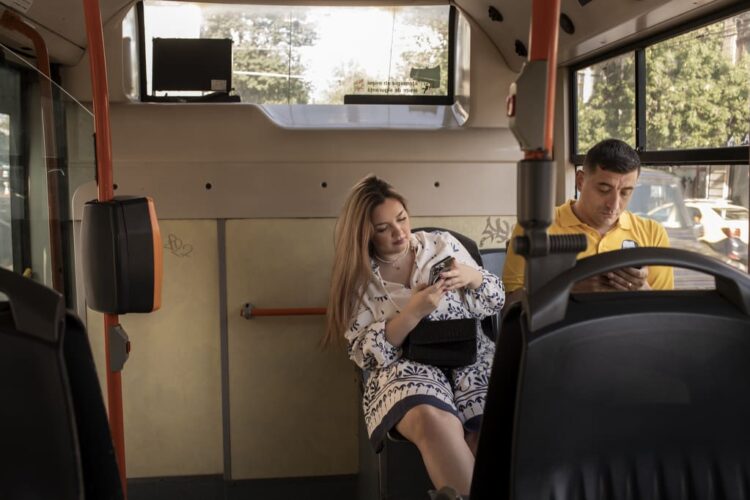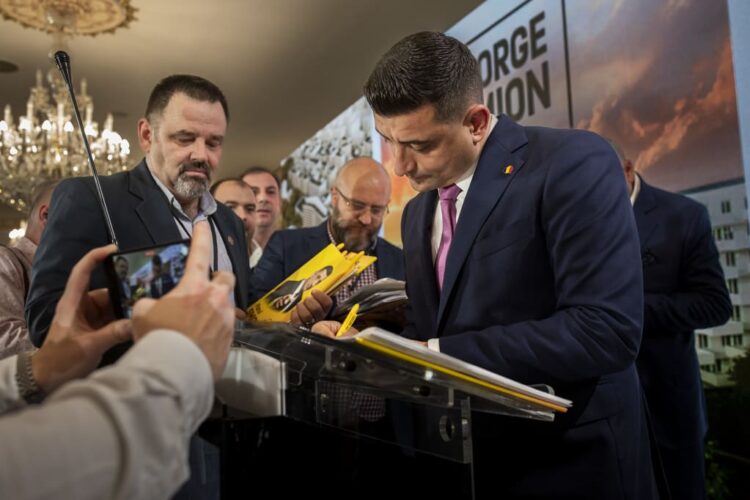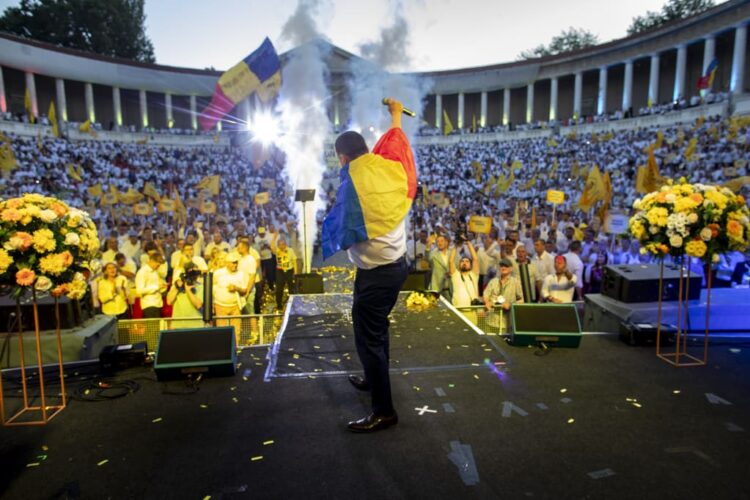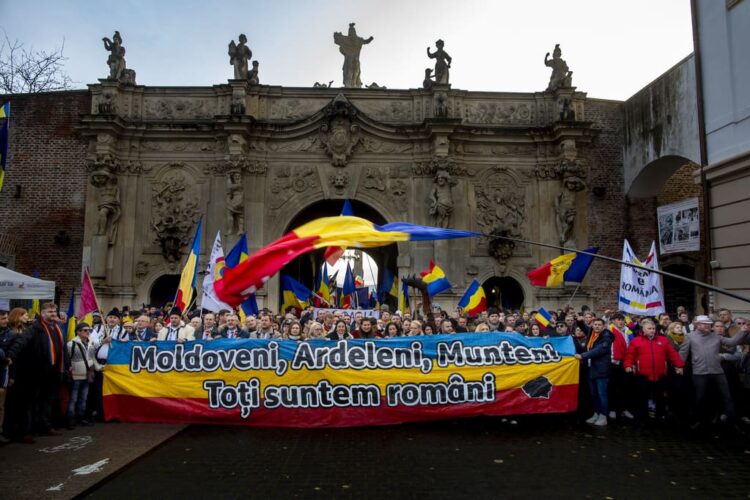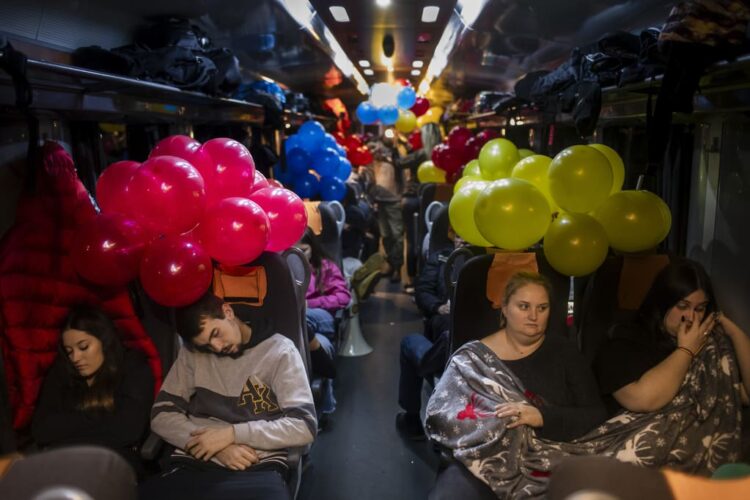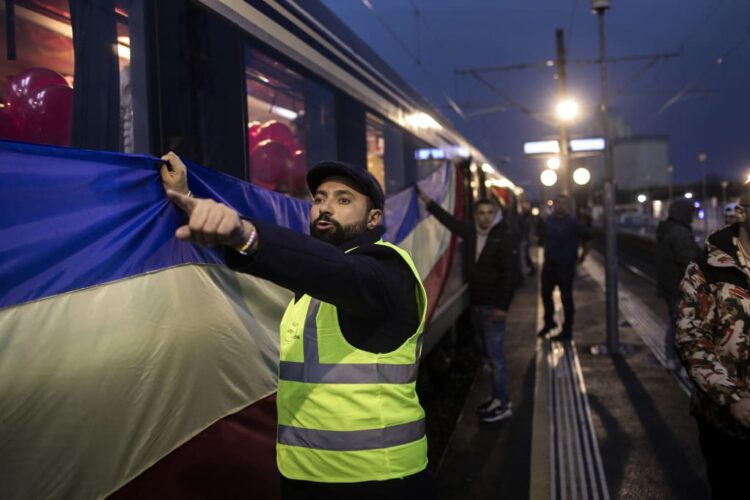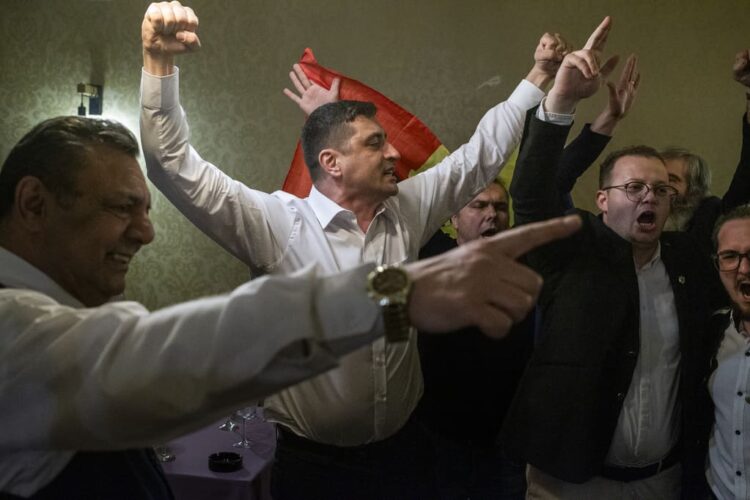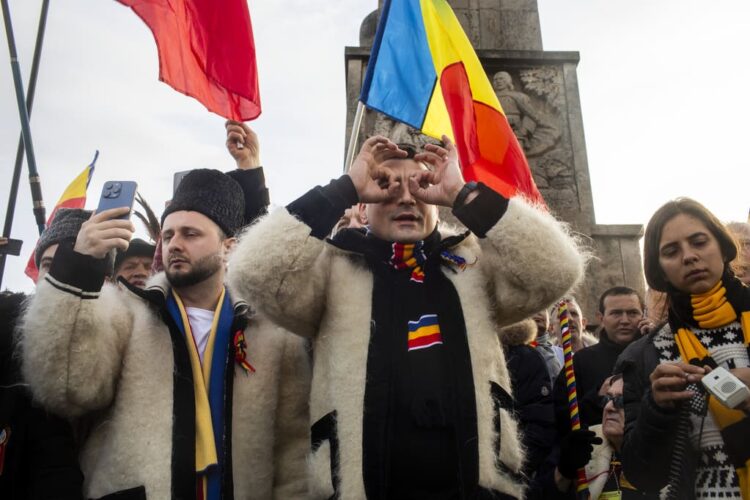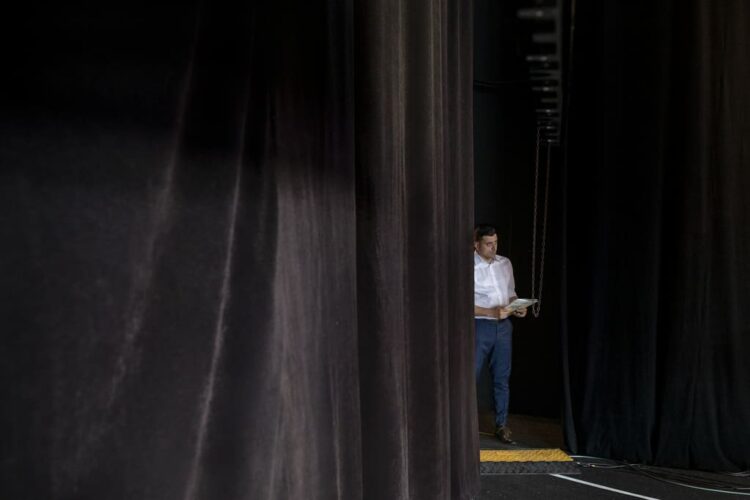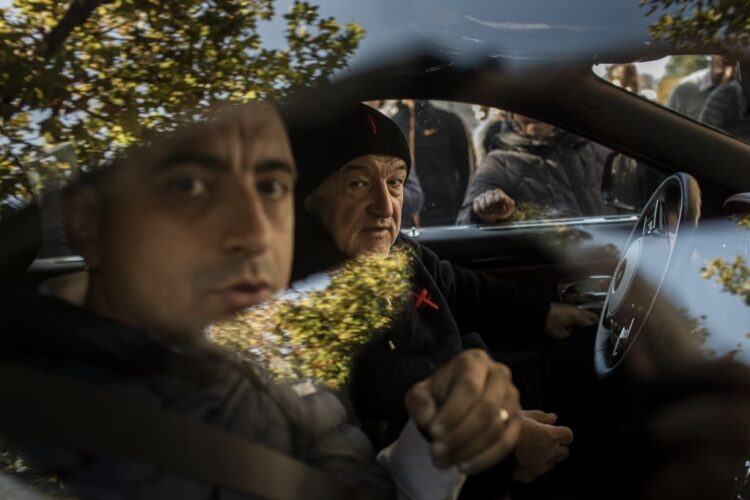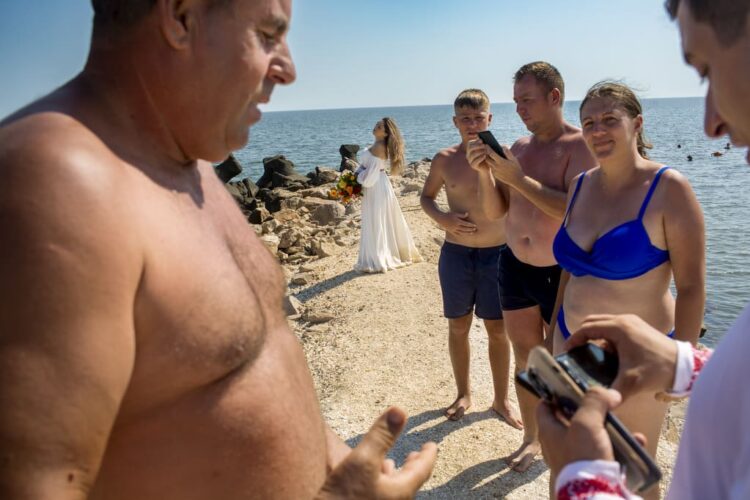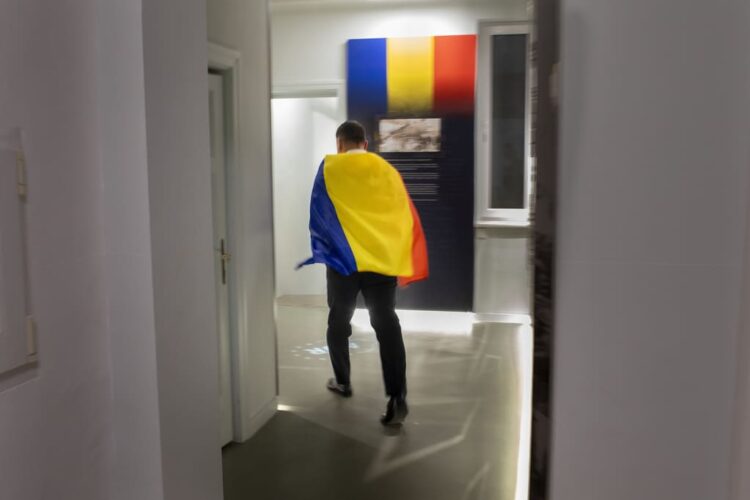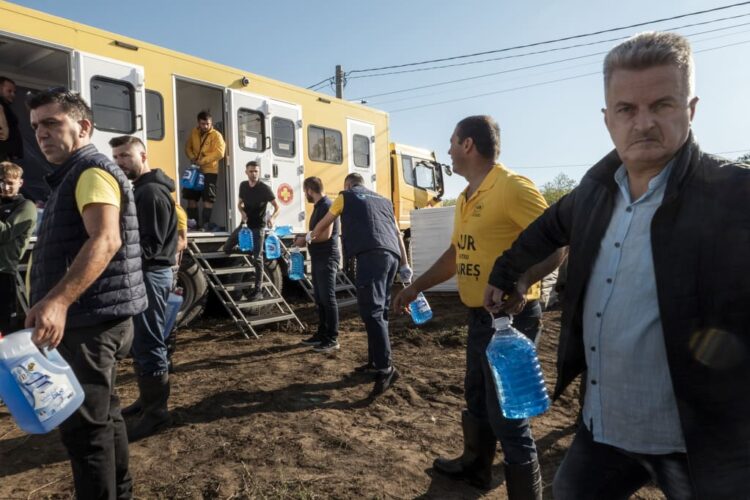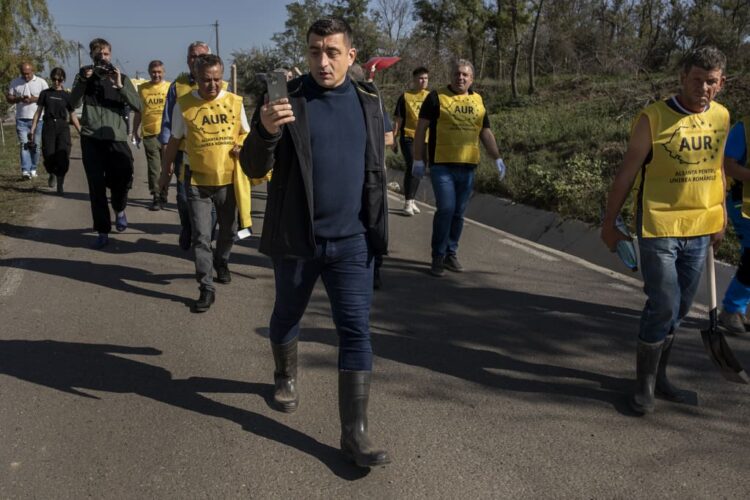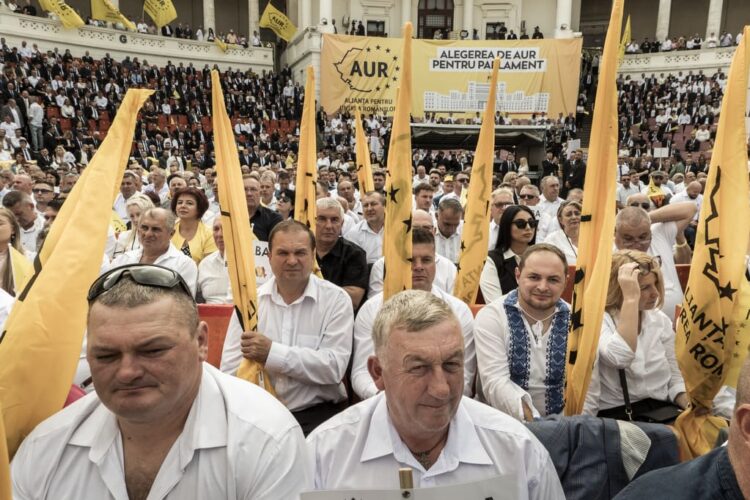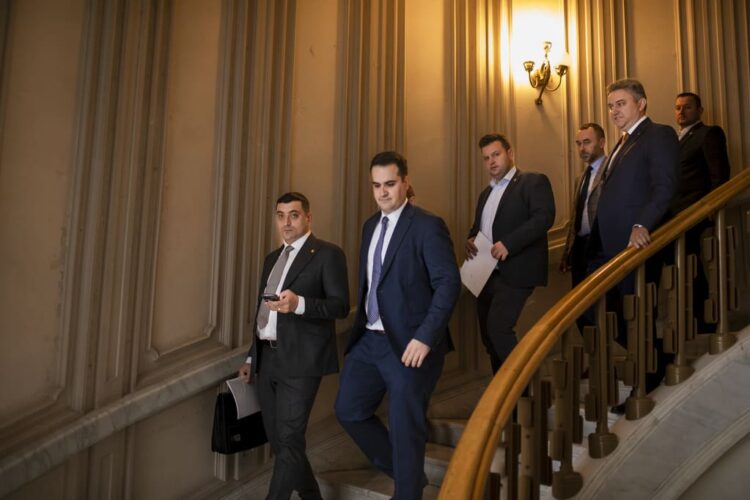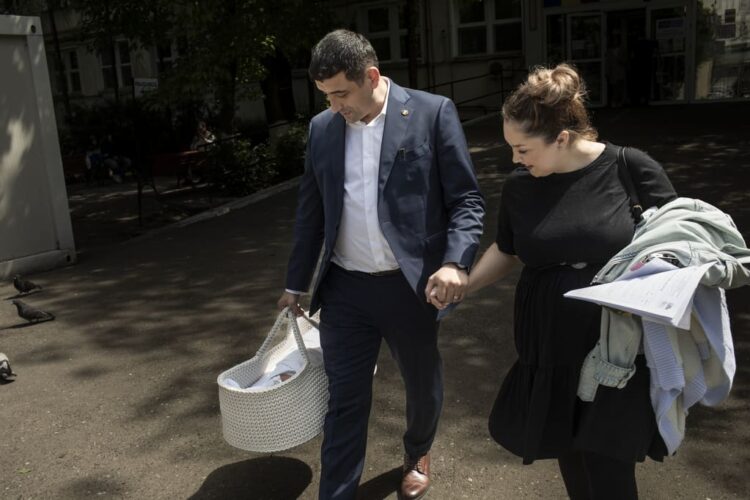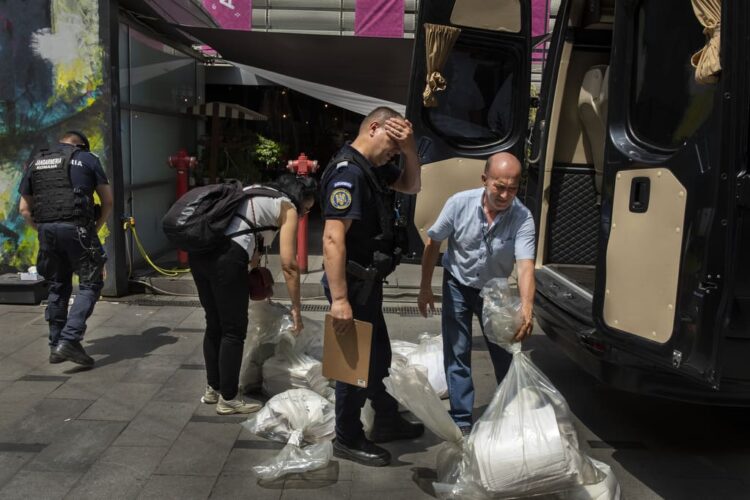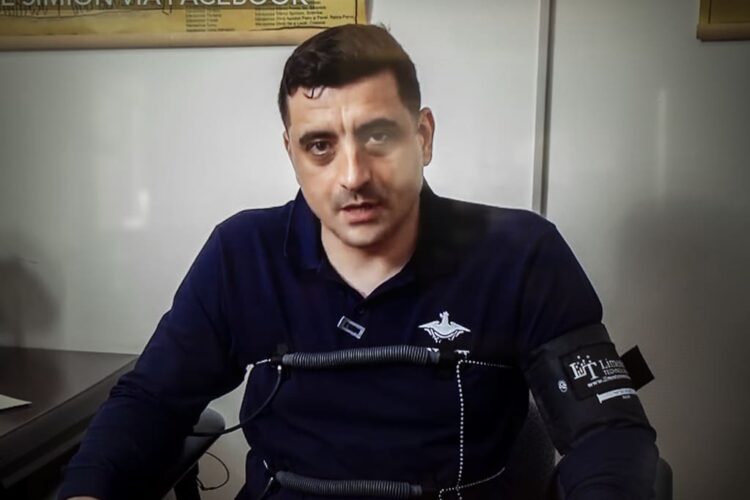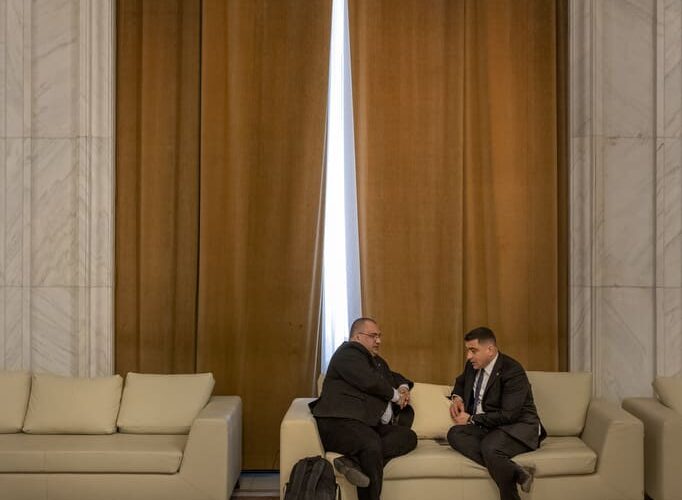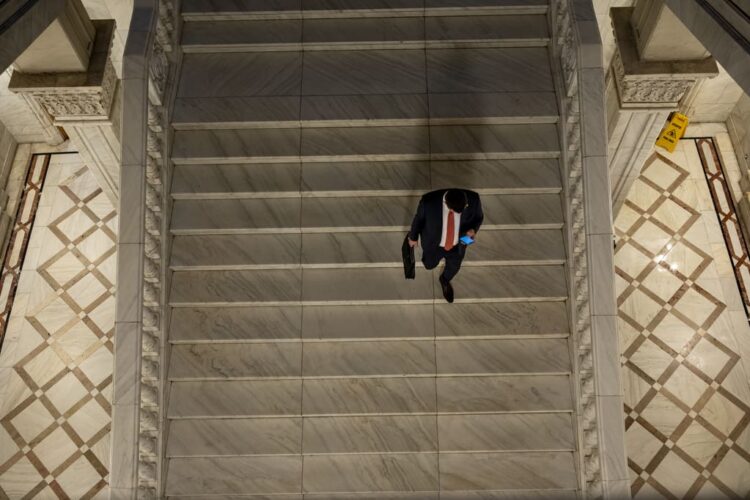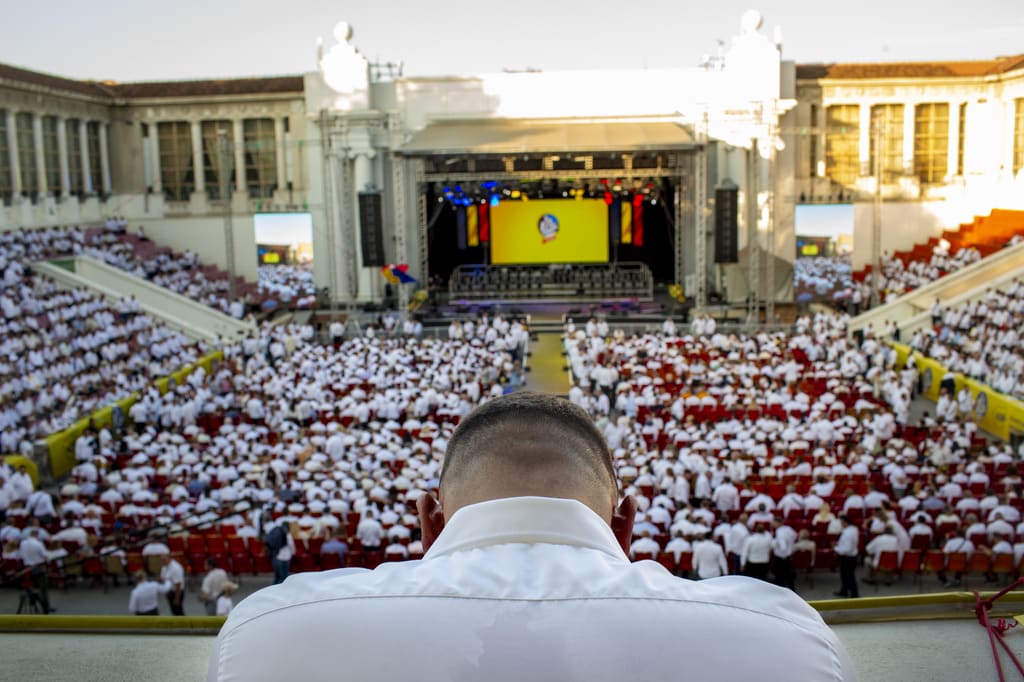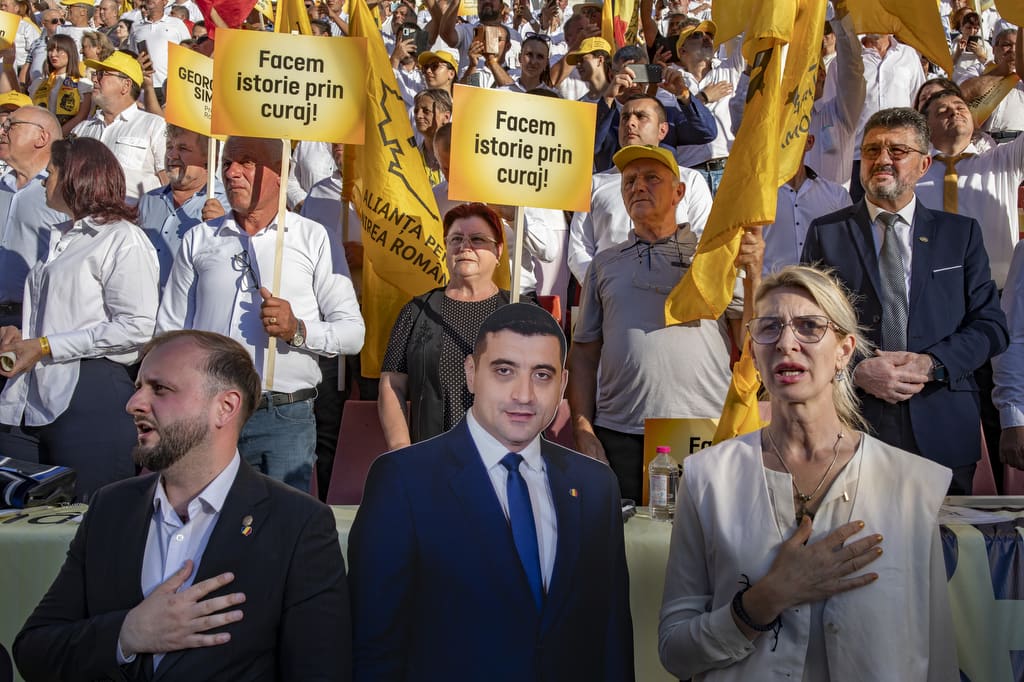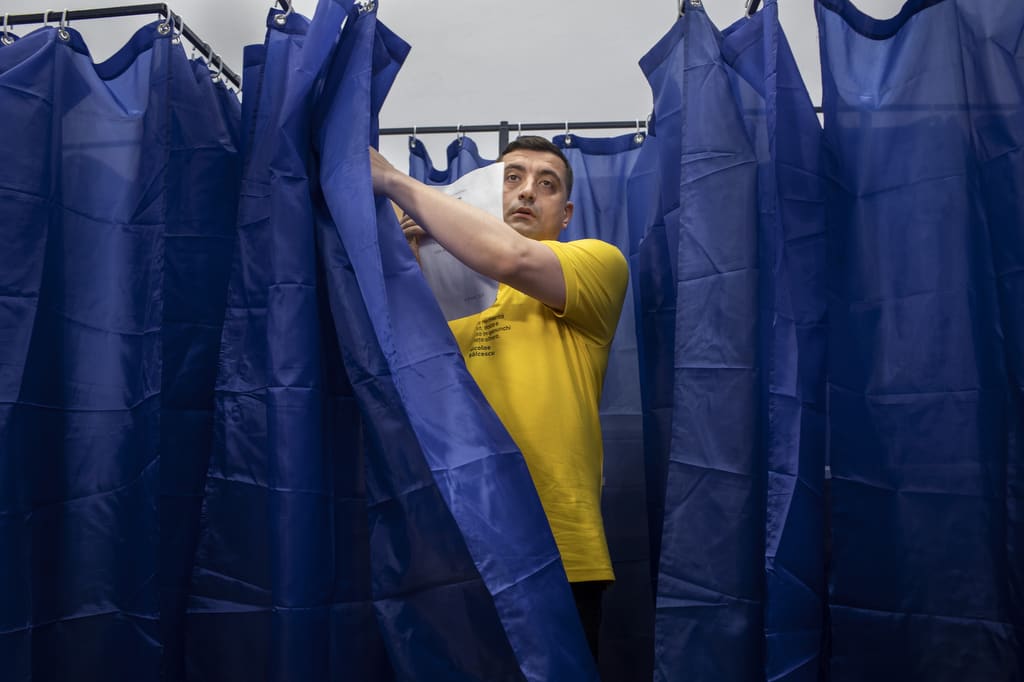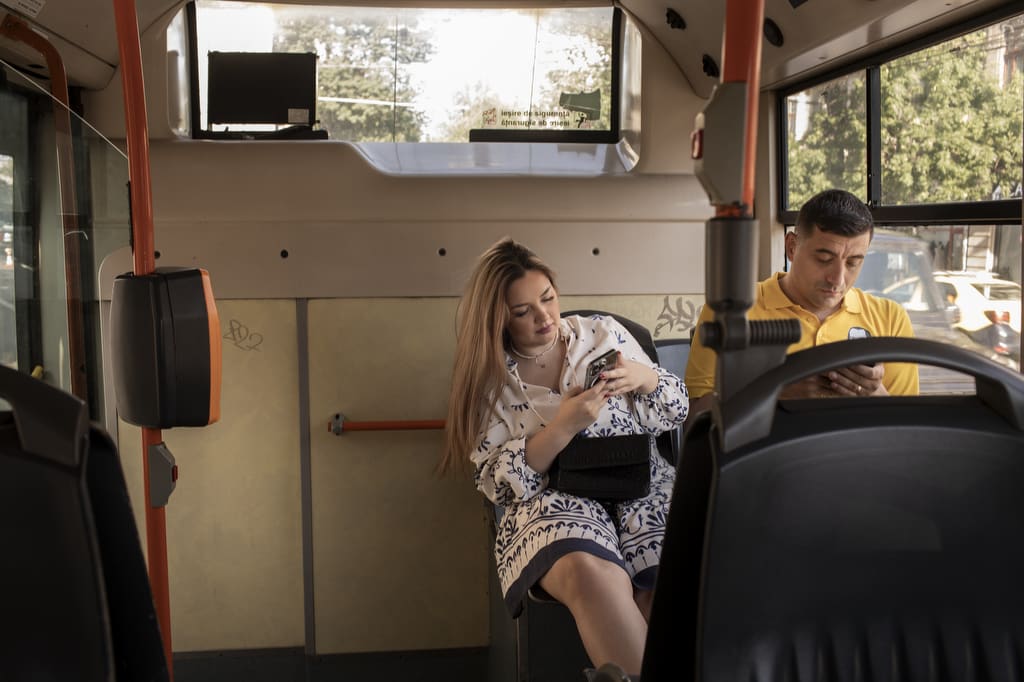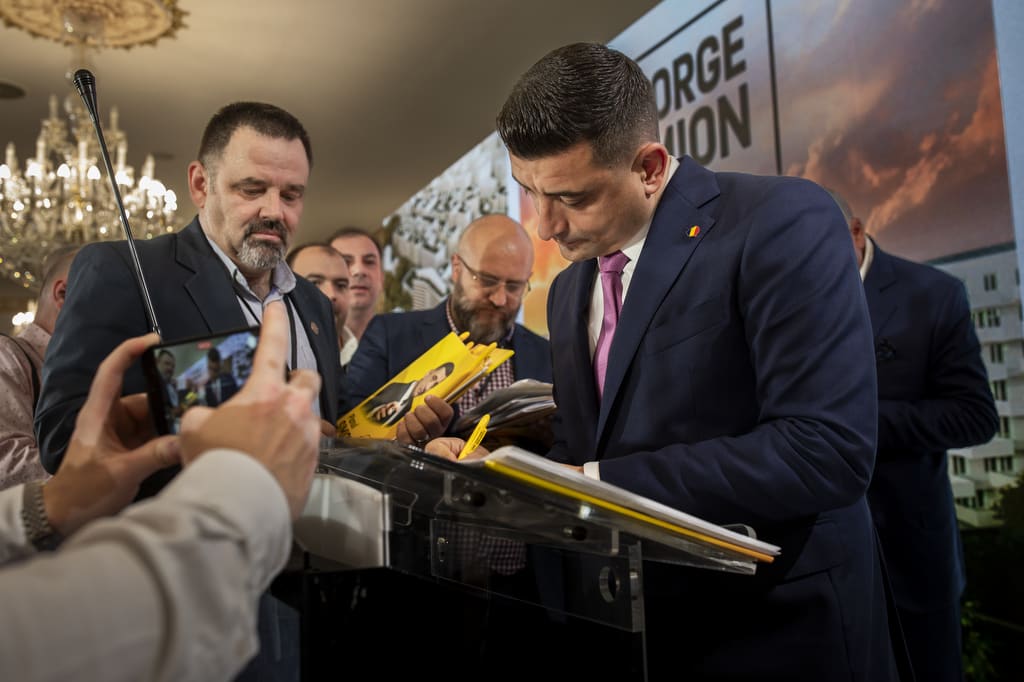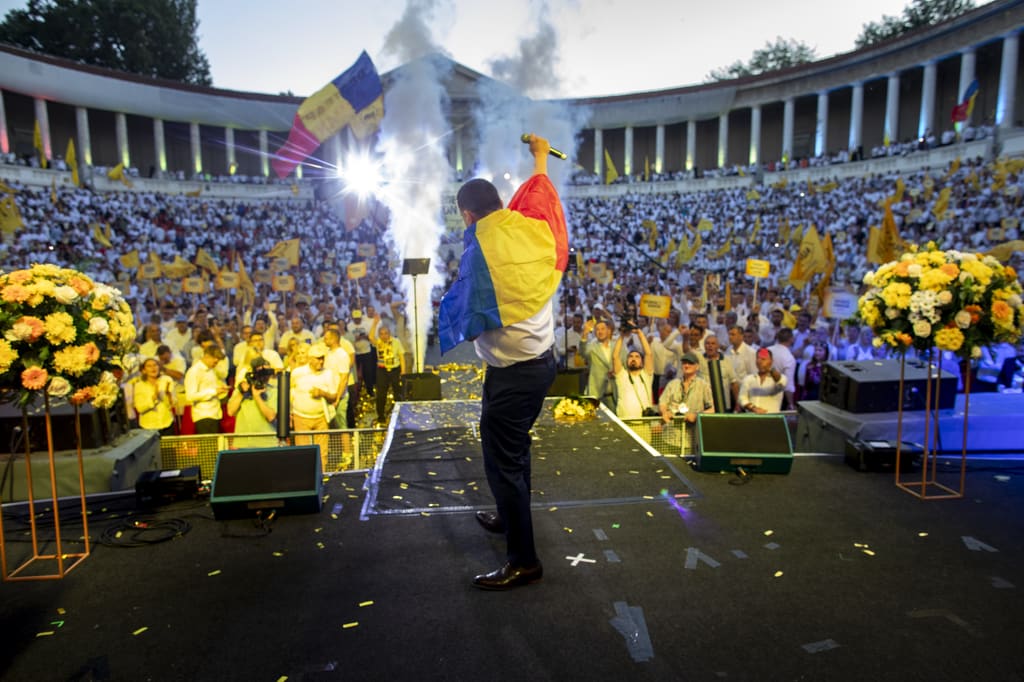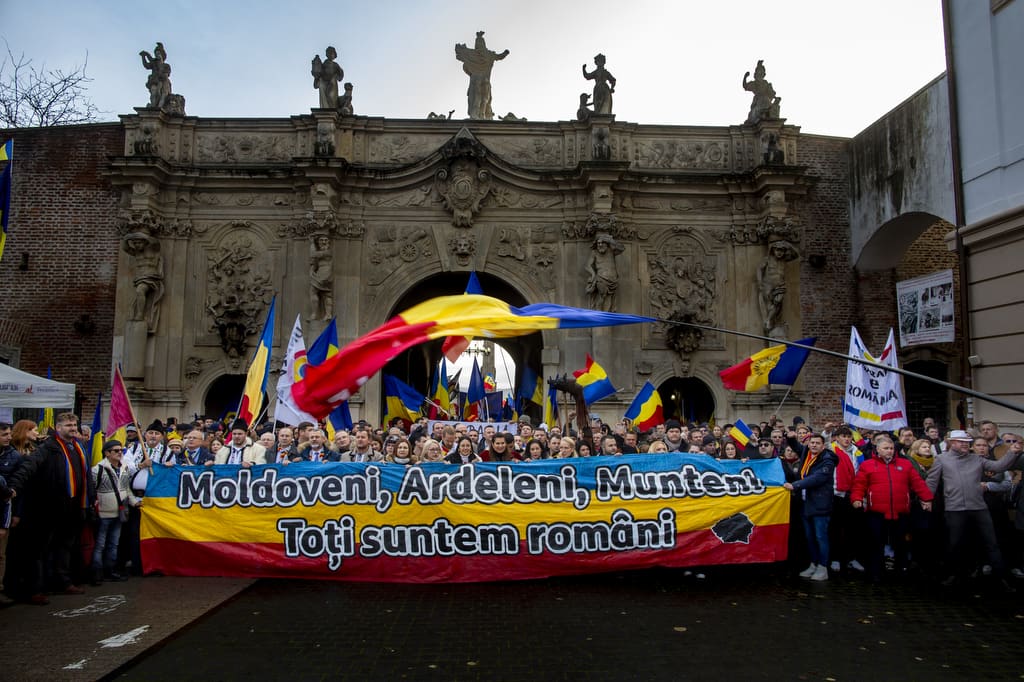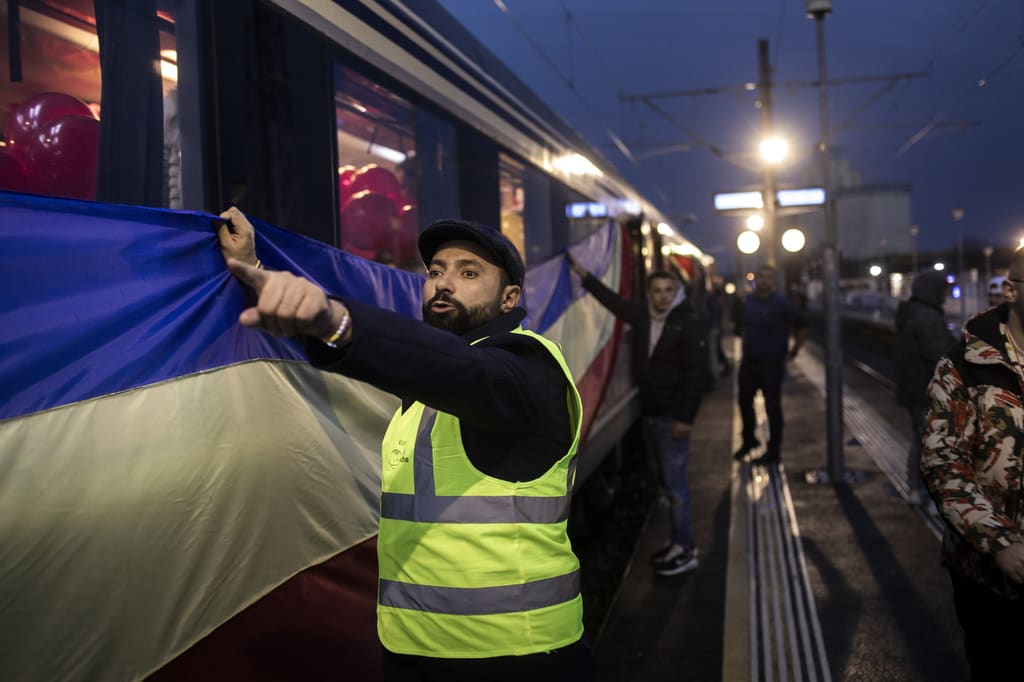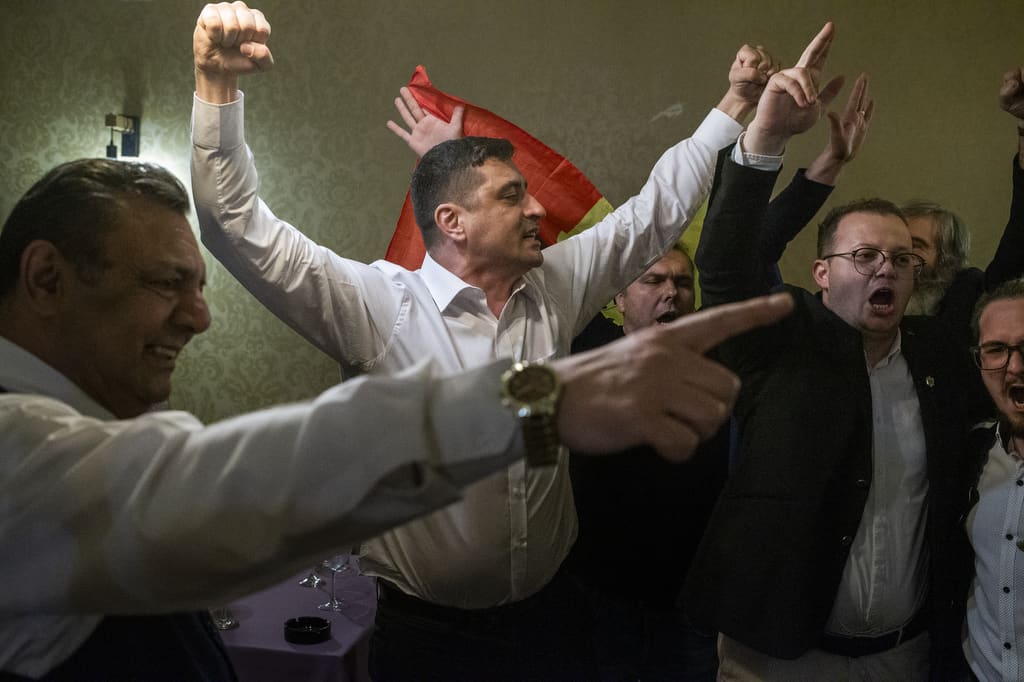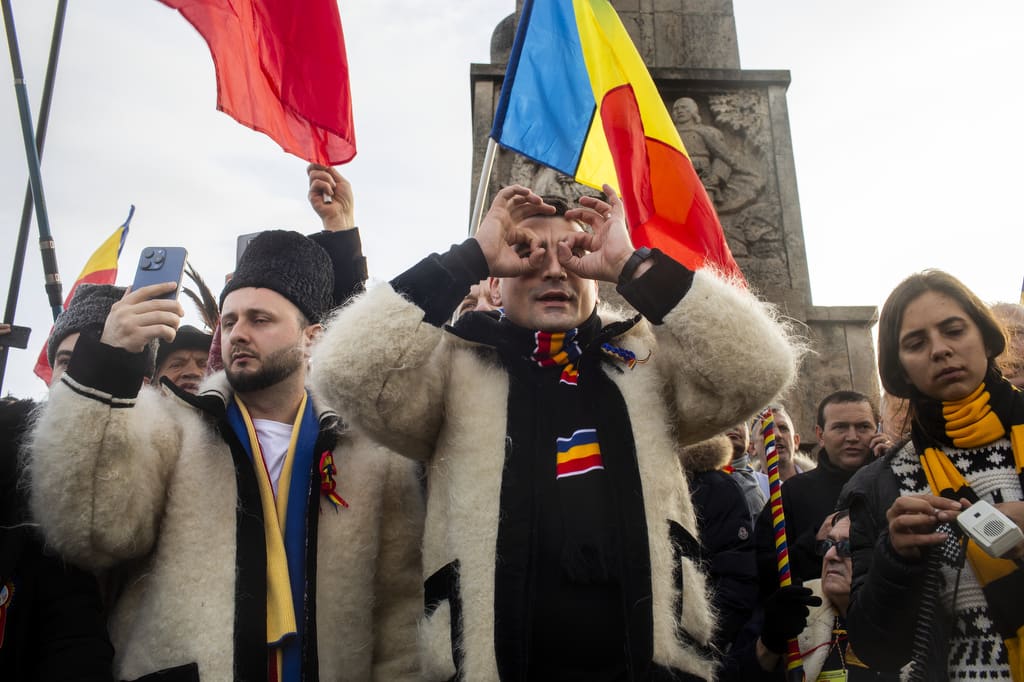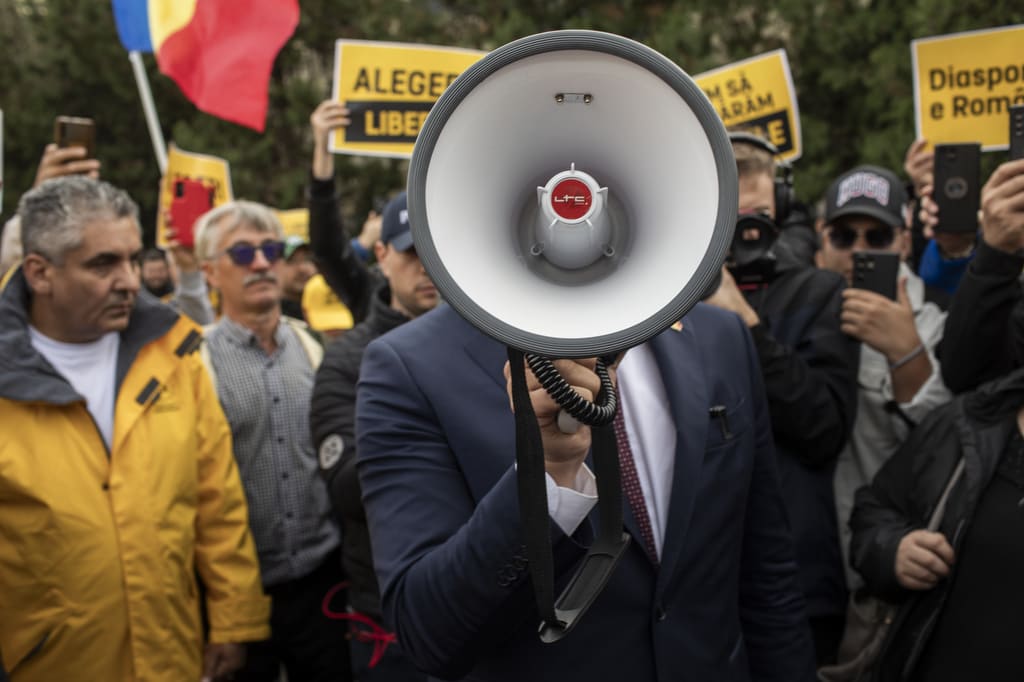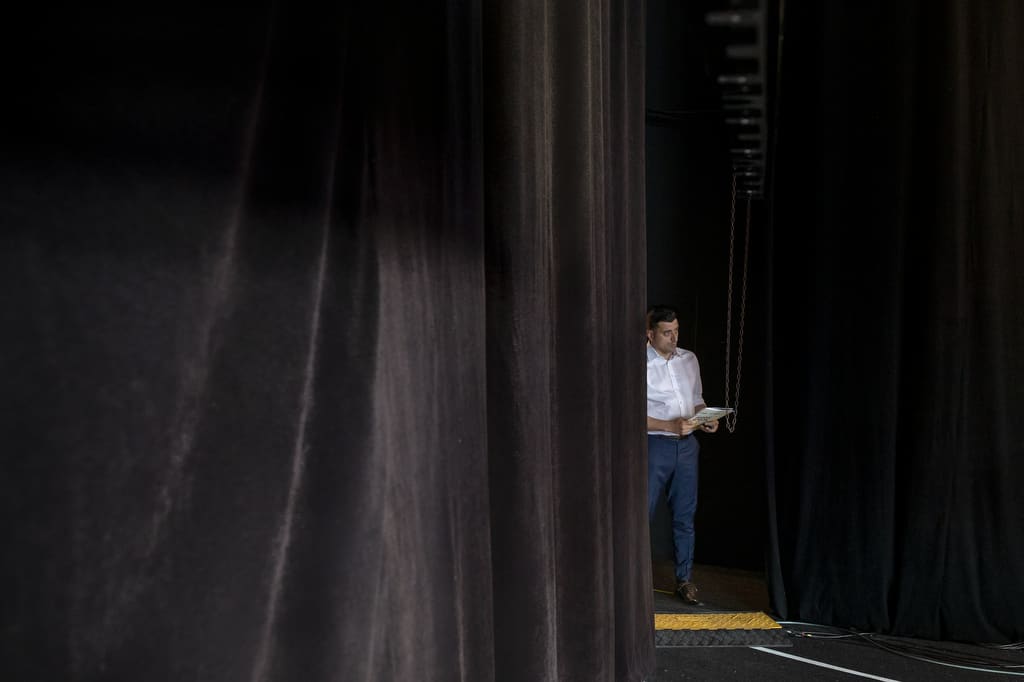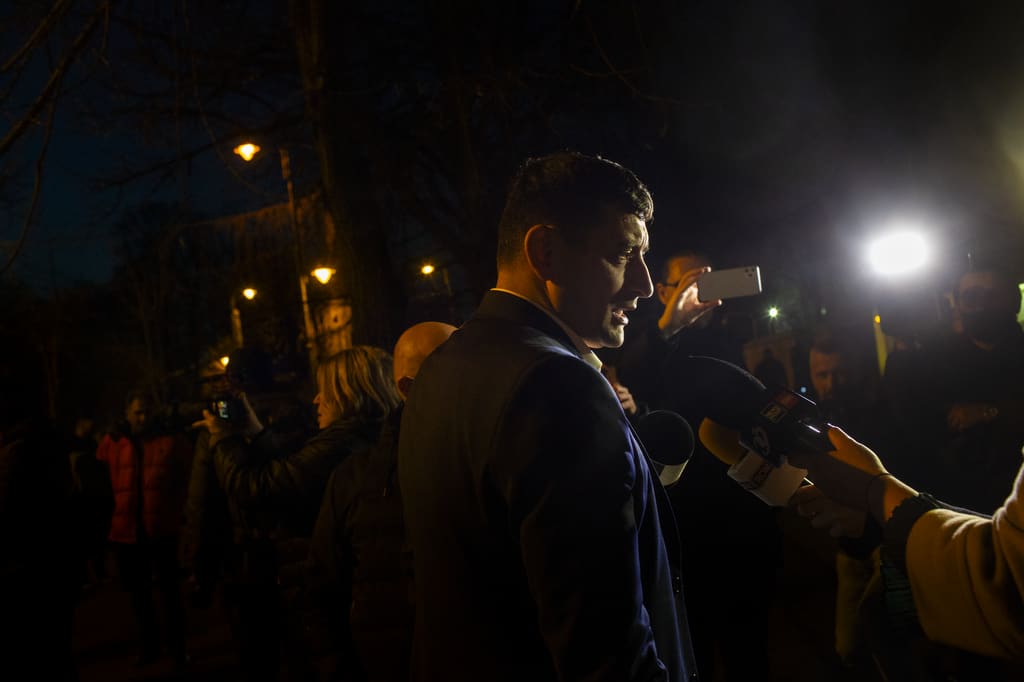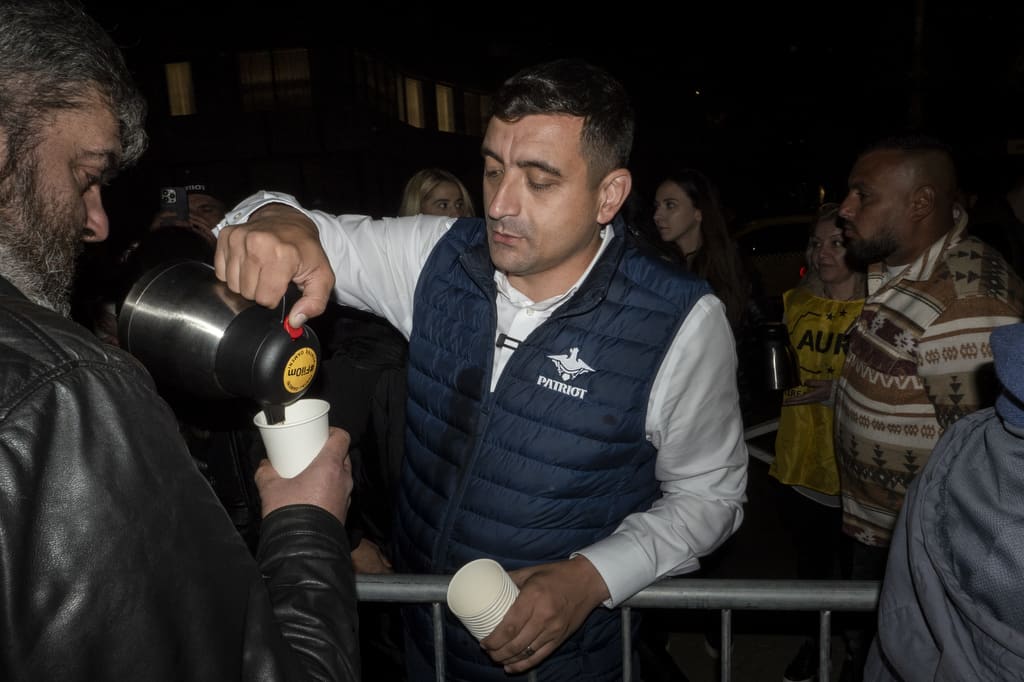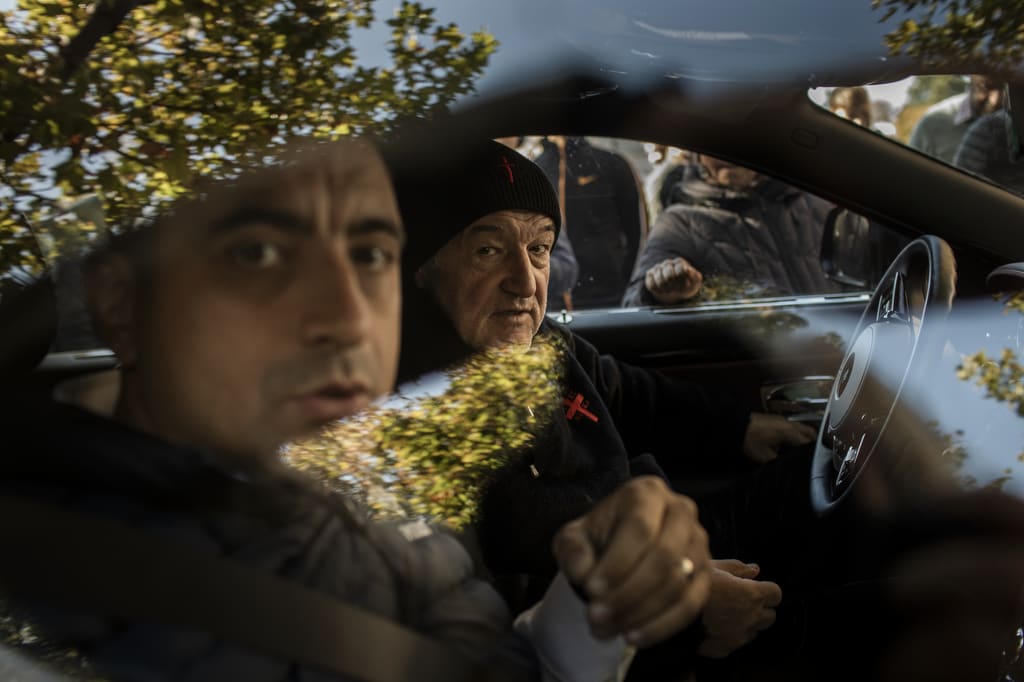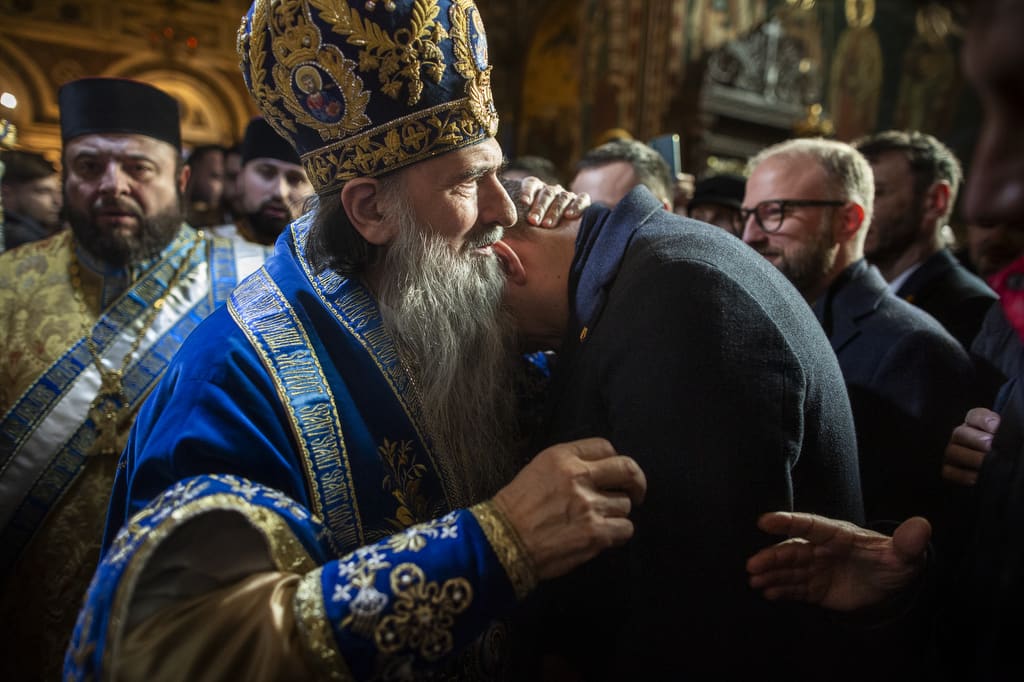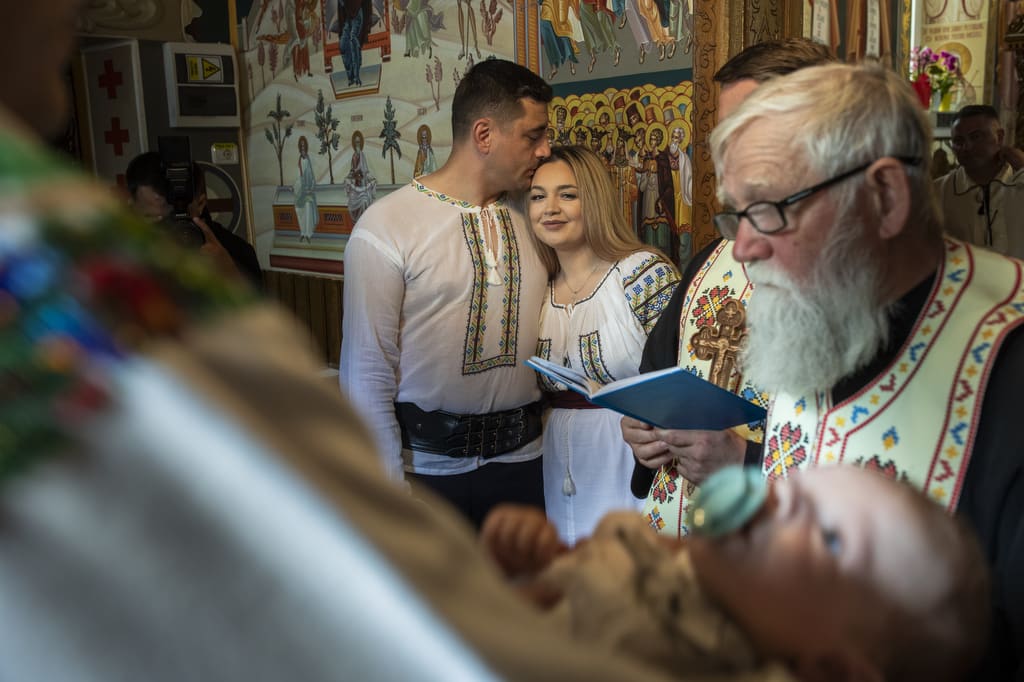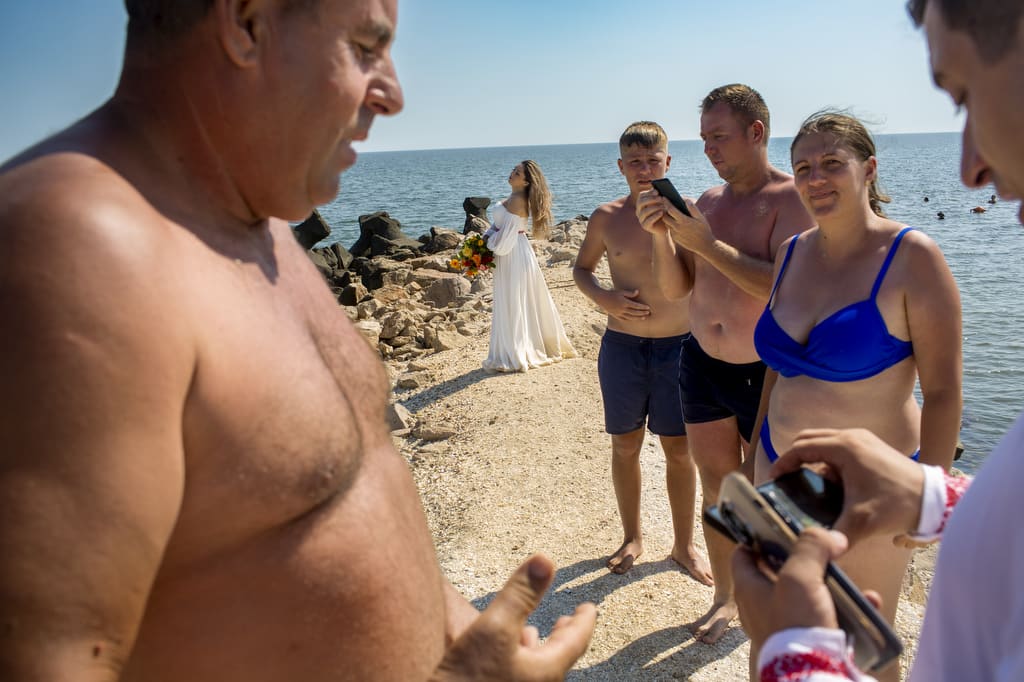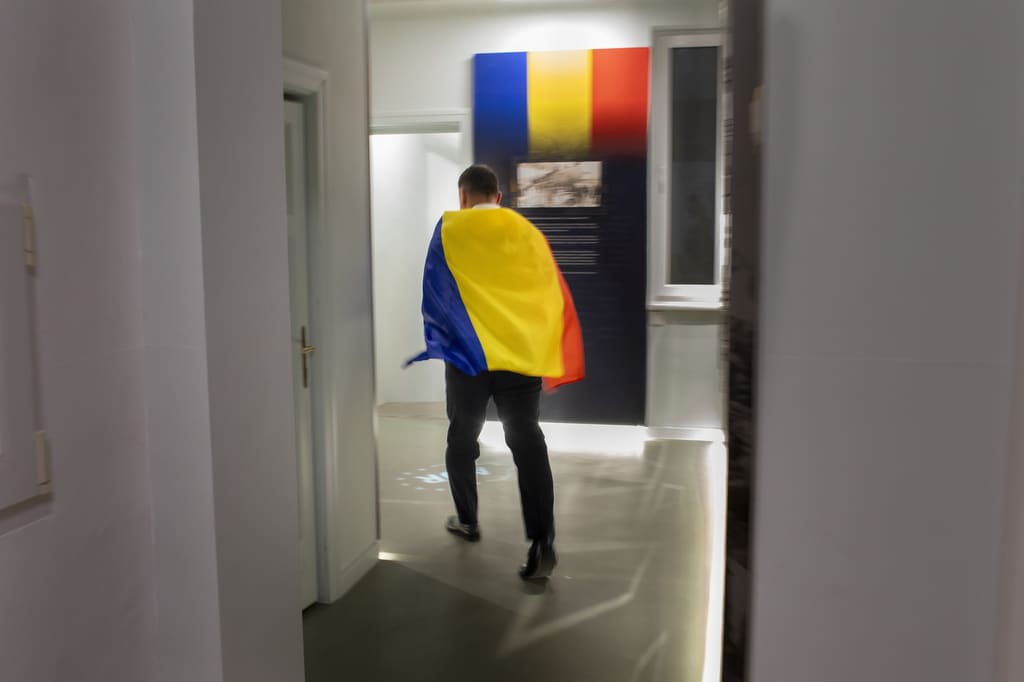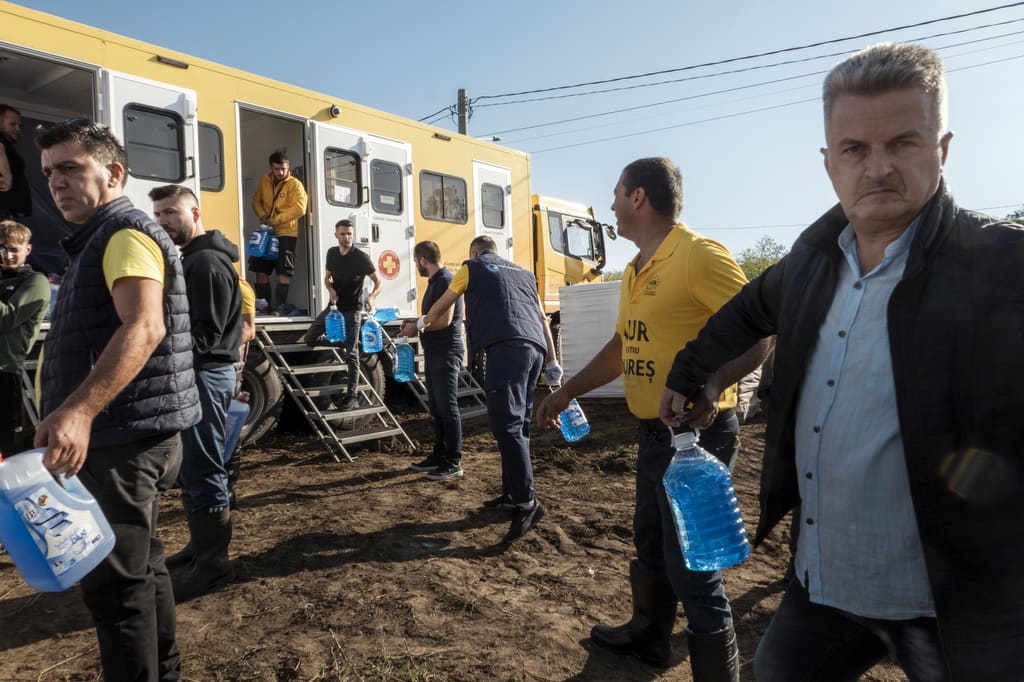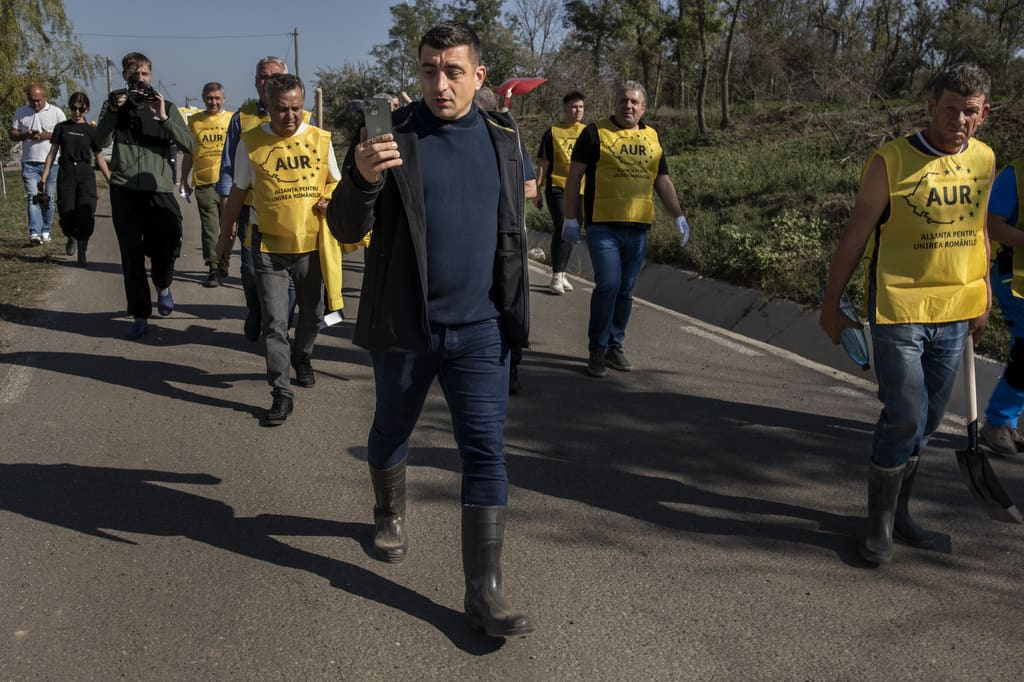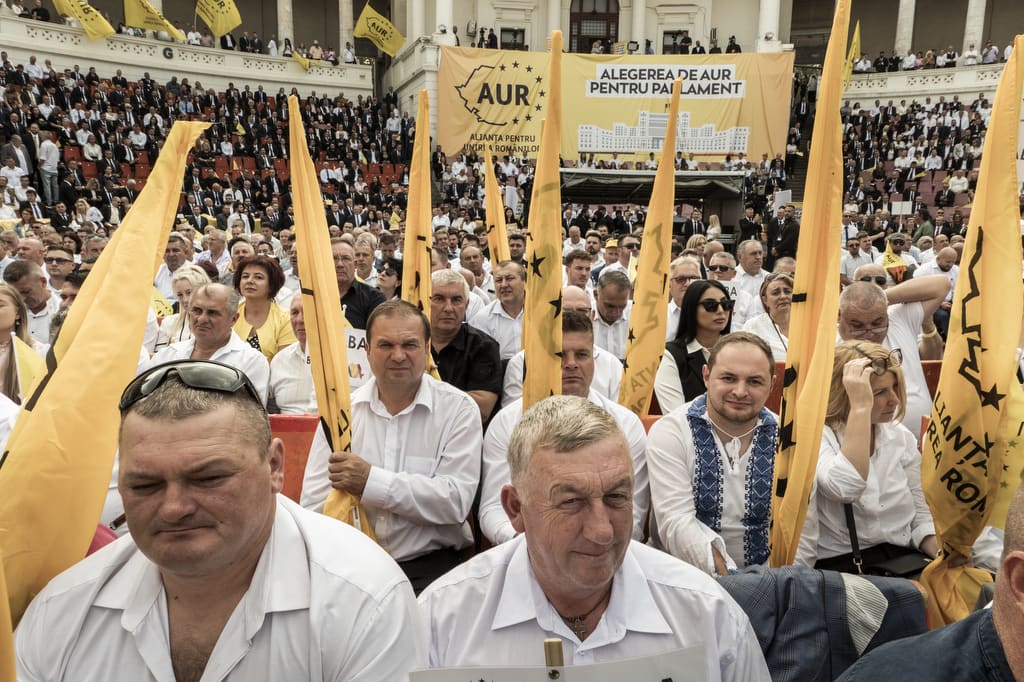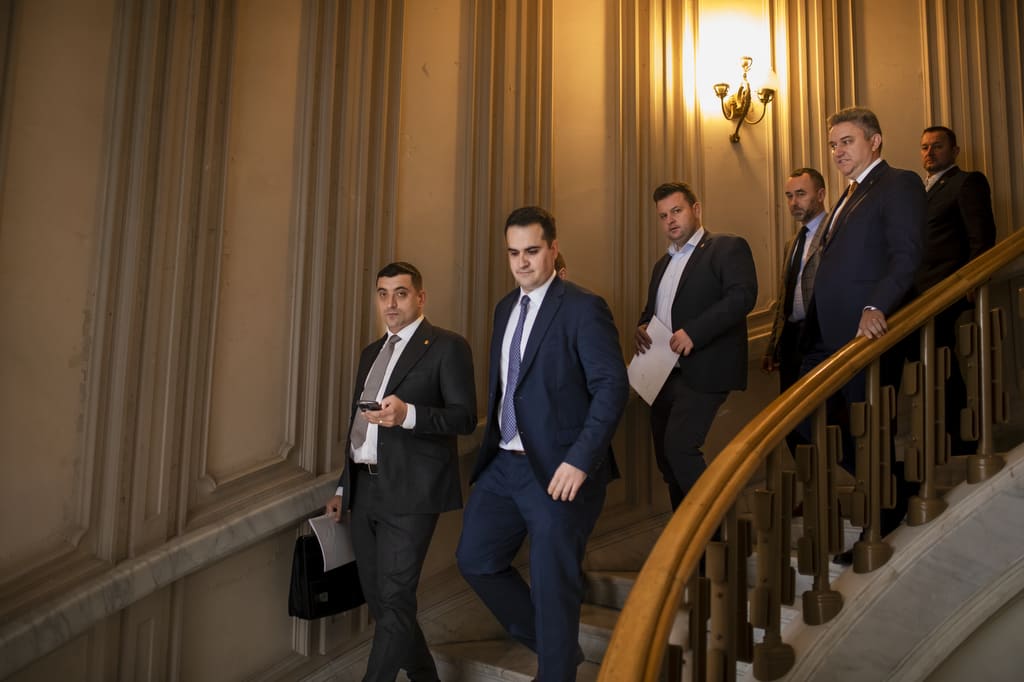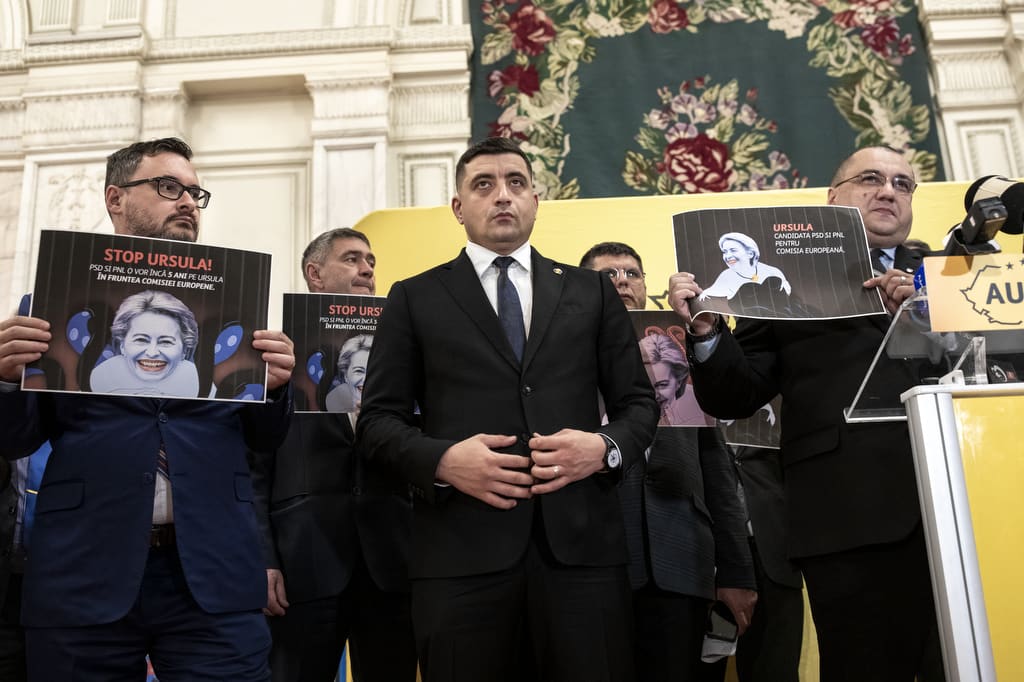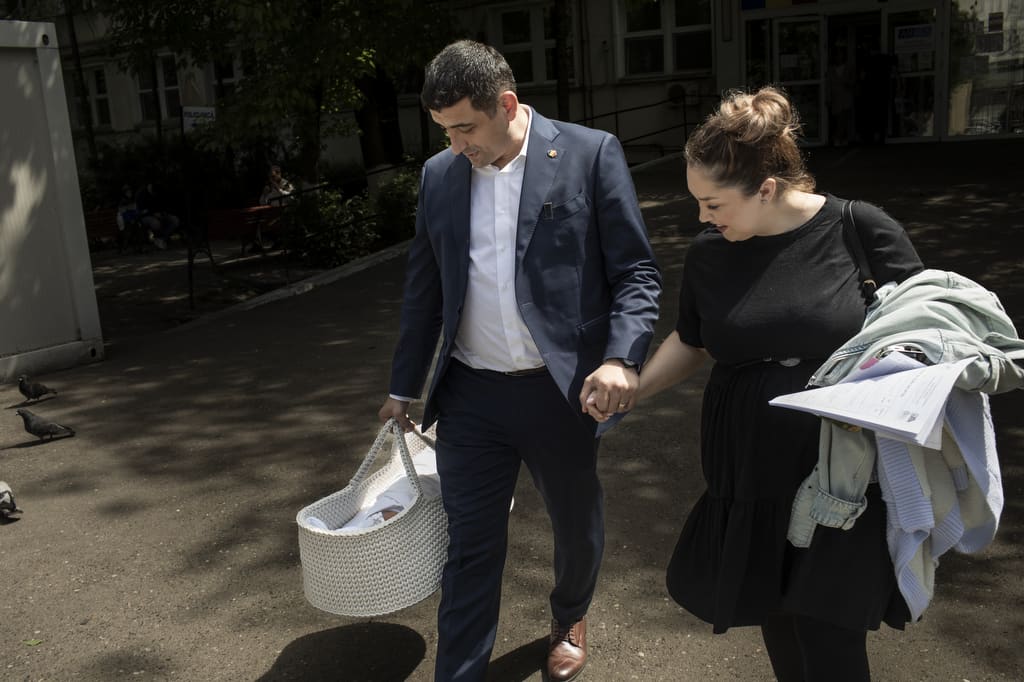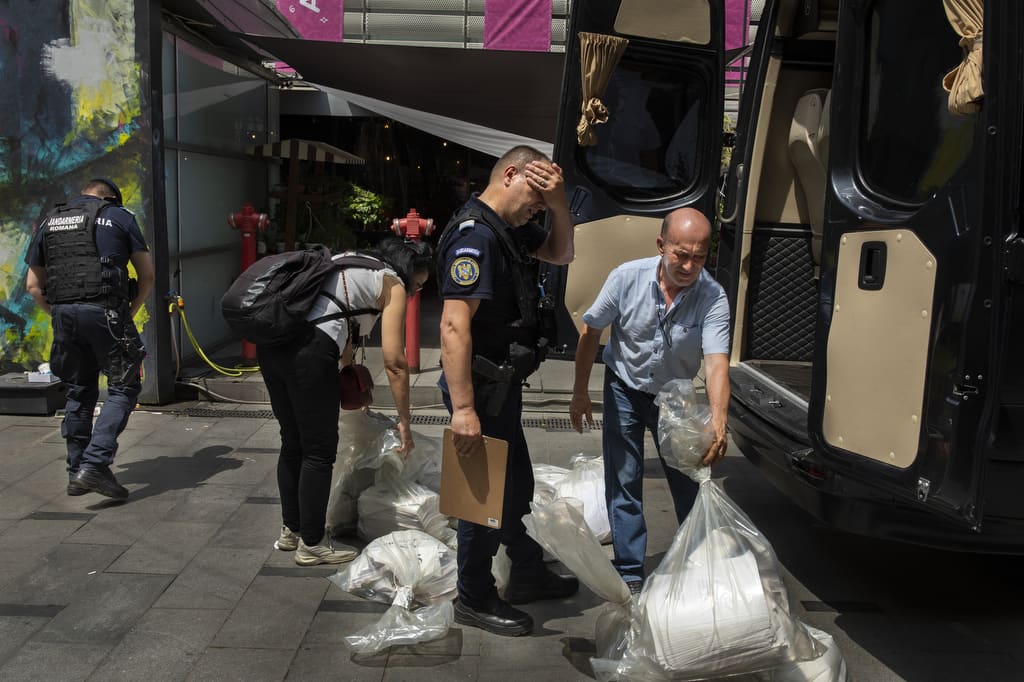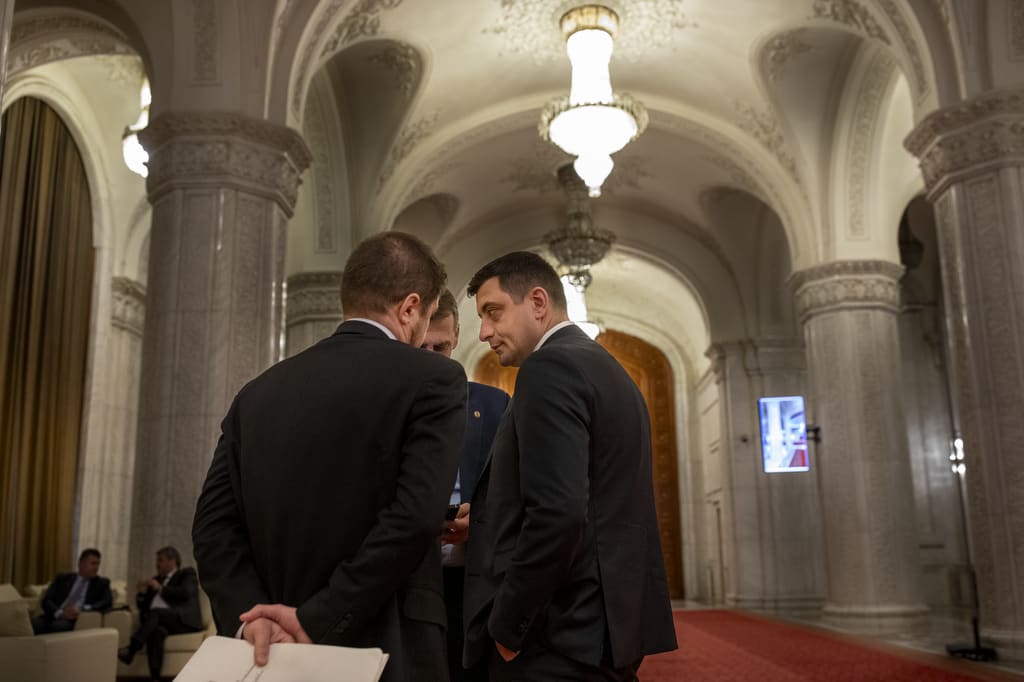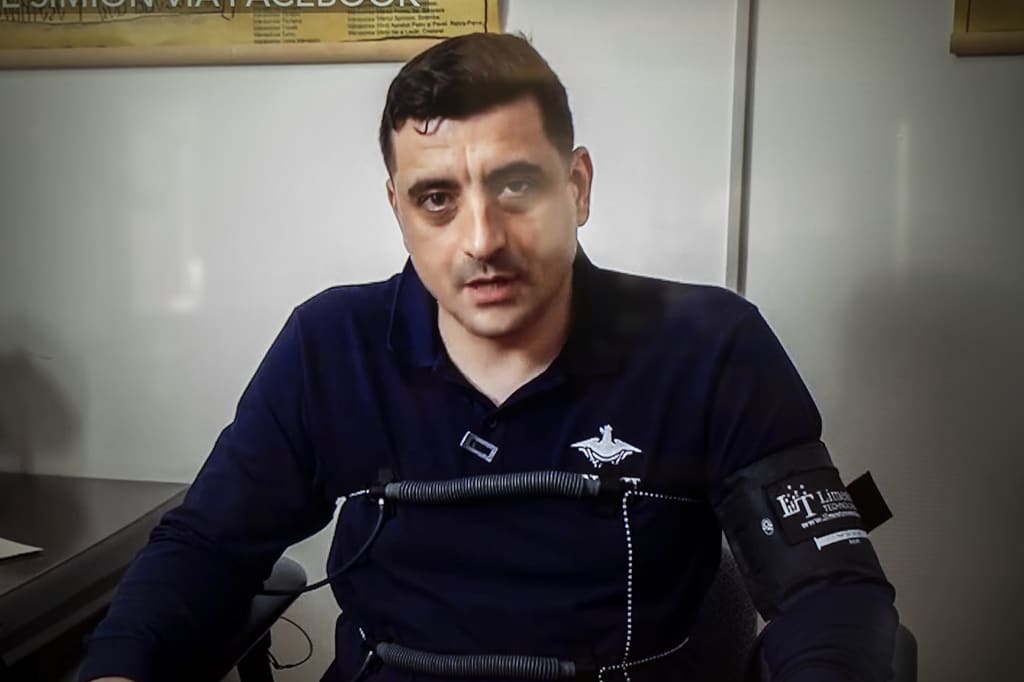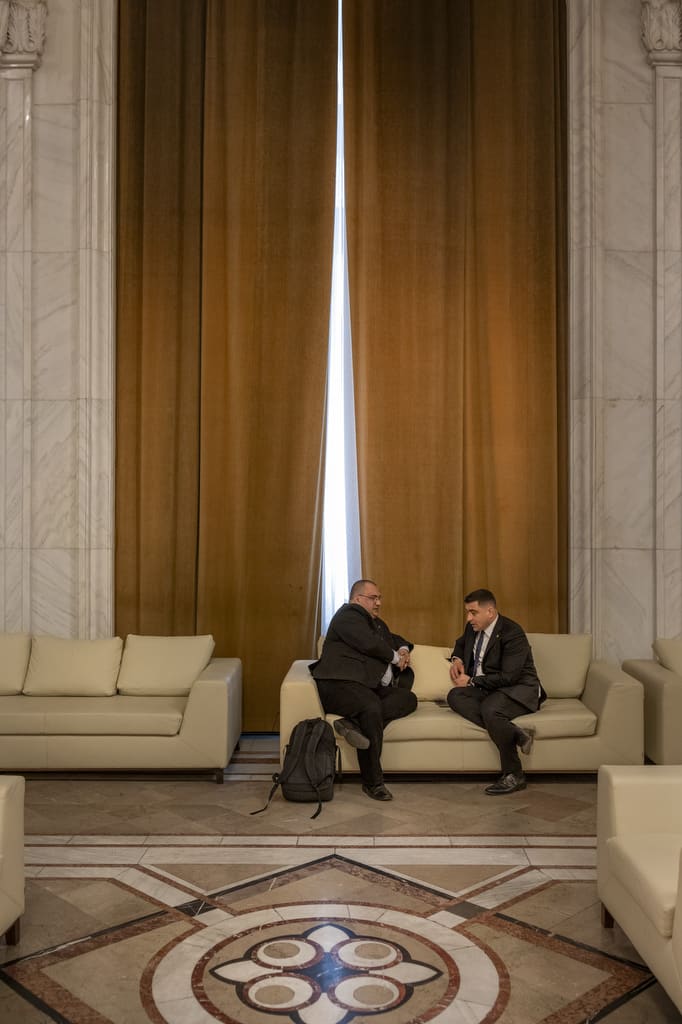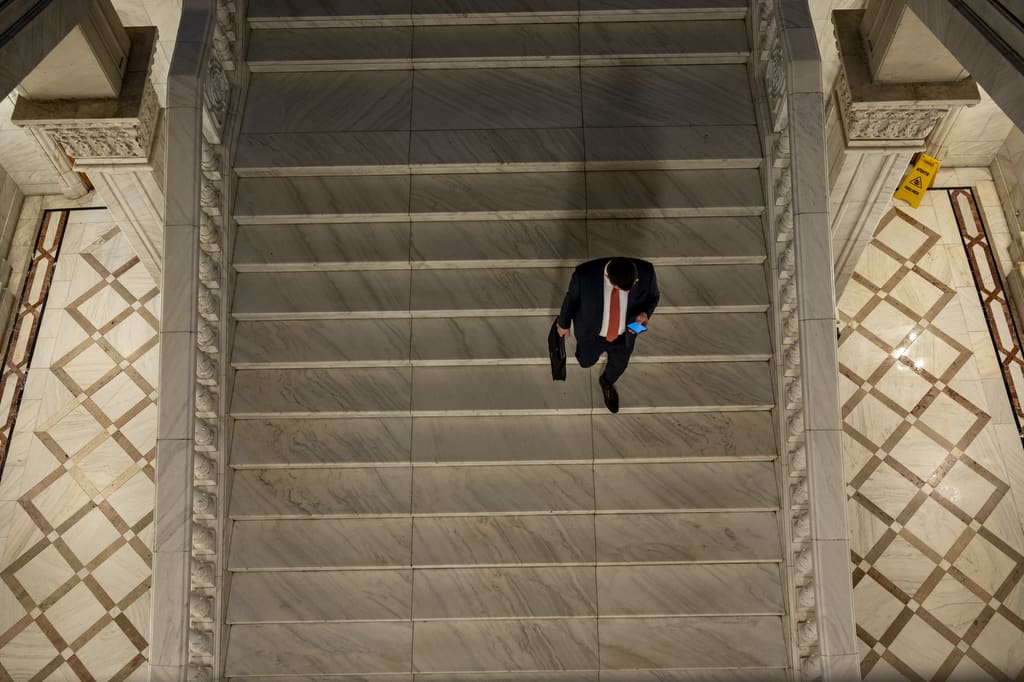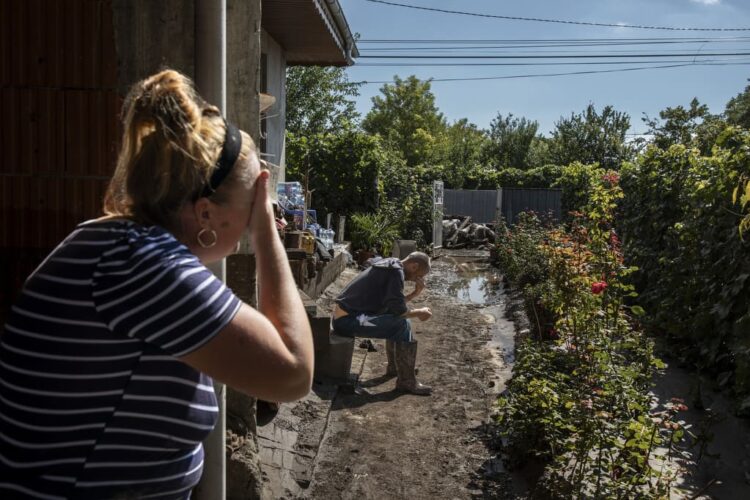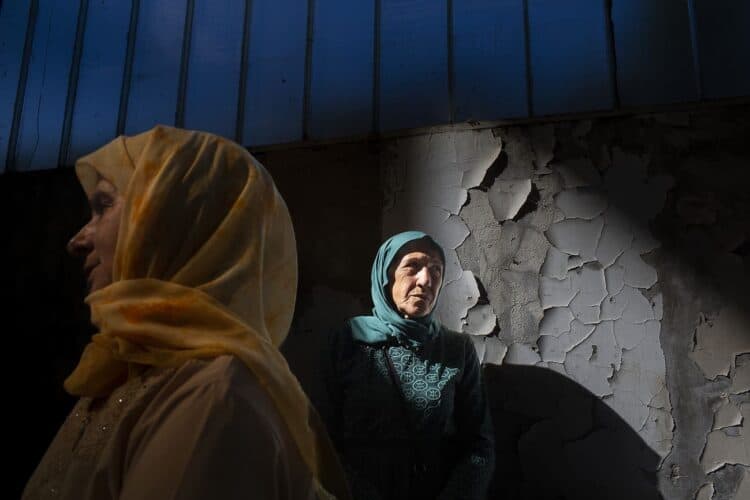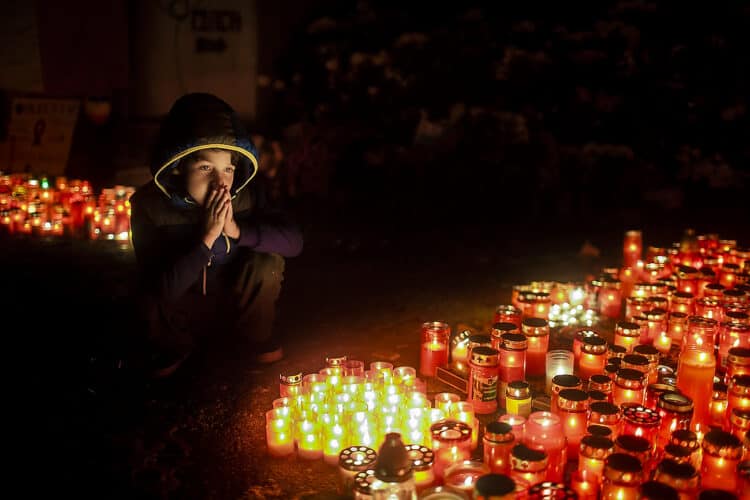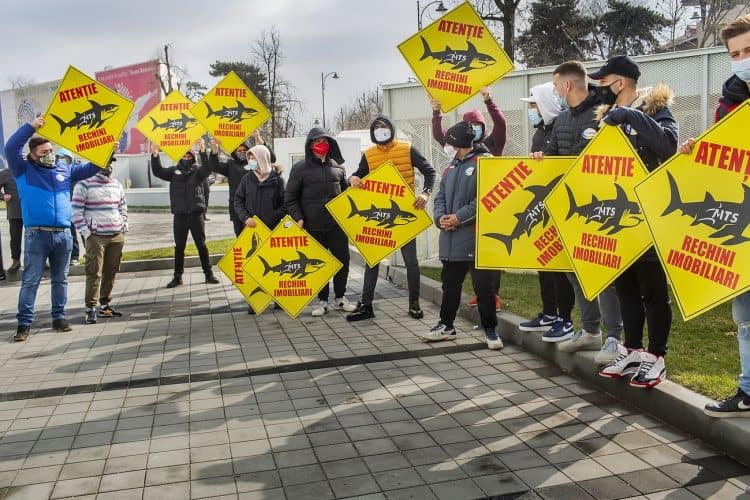“You see,” he told me, “if they put a chip in you, you won’t have cash anymore. And if you say something that bothers someone—poof—your money disappears from your account.”
I paused for a few seconds. Then, nodding as if I understood, as if I’d just had an epiphany, I pretended to approve of this apocalyptic scenario.
“When was the last time you took a stand? Or rather, when did you show integrity—doing or saying something simply because it was the right thing to do, even if it didn’t benefit you?”
My words rolled over him like boulders carved from the philosopher’s stone. He remained silent. He had no example to offer.
I continued, “I’ve spoken out all my life, even when I had everything I needed. I’m not afraid. But you, who’ve stayed silent all your life, are now afraid they’ll take away what you don’t even have.”
In essence, these are the voters of Sosoaca and AUR—people marginalized their entire lives by a lack of education and opportunity. People who were constantly told, “Sit down, you know nothing. Grade 4.”
Sosoaca and Simion tell them exactly what they’ve longed to hear. For the first time, they feel seen. Validated. Sosoaca and Simion have become their lifeline. After every word the two utter, their followers think, “See? We were right all along. Two plus two does make five—not like that dumb teacher said, the one who flunked us.”
In October 2021, I briefly covered the AUR–Sosoaca rally in Victory Square. There, I witnessed for the first time a Hitlerian-style speech, delivered with aplomb by Mrs. Sosoaca. I hadn’t attended a news event in years, so the shock was twofold. That day, I decided to observe the phenomenon from a distance—and to consider turning it into a more extensive piece.
